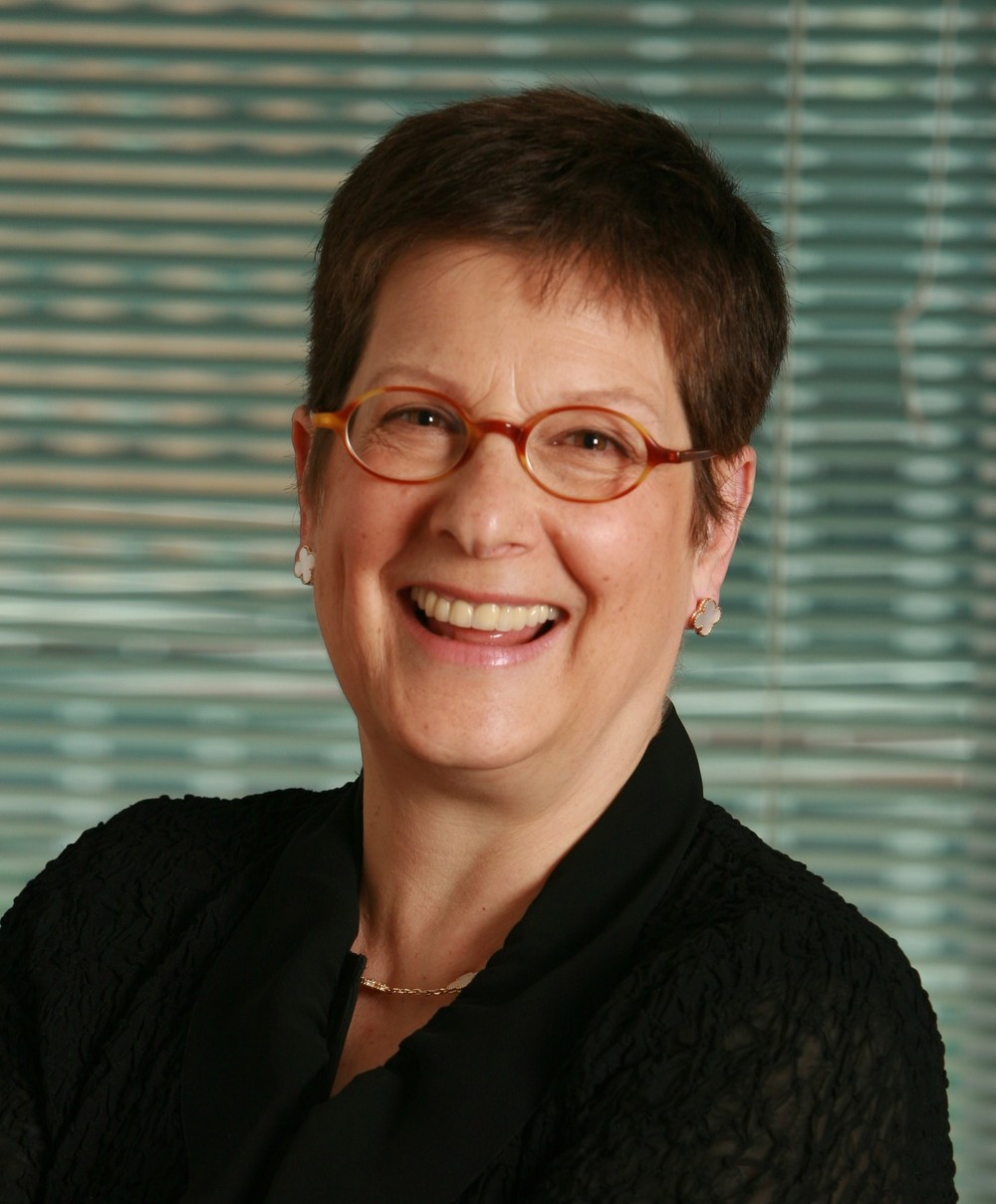In search of executive presence
/October 31, 2013
 Joanna Barsh fought perceptions of being 'young and bouncy'
Joanna Barsh fought perceptions of being 'young and bouncy'
"I tried for many years to be taller, more serious, having gravitas as if I’d just come from a funeral…but that’s just not who I am.” - Joanna Barsh
Last week at the Working Mother conference, I was in a session on women in leadership and found myself in a small group discussing the idea of ‘executive presence’. We’d just heard a lively presentation by Dana Vandecoevering of Intel. She mentioned that Intel has a program in place for its women employees to essentially coach them so they stay on an advancement track and don’t ‘fall out of the pipeline’ as so many women do, leaving us with the sparse population of women at the top we’re all so used to hearing about. I was fascinated to hear that one of the things Intel coaches its women on is how to develop executive presence, that elusive quality you need to convince others you’re ready to lead – that you’ve got the goods in the form of your persona, your bearing, your appearance, and so on.
Executive presence, though, can be subjective. It’s something other people see in you, and it’s a lot harder for women to be seen to have than men, simply because as a society we default to seeing men – usually white men – as leaders. One woman at my table told the story of someone she knows who went grey early, in her twenties. The woman’s mother begged her to dye her hair but the woman, who was ambitious, refused, as she was on the fast track at work and felt that as she was young, she very much needed that grey hair to be taken seriously. We then got into a conversation about how you develop executive presence (see this Harvard Business Review piece for one author’s take) and how you even start that conversation with someone in whom you see potential.
One of my favorite interviewees on The Broad Experience was Joanna Barsh, a long time senior partner at McKinsey and Company and an author of much of their respected research on women in the workplace. What I loved about talking to Joanna last year was that she was open and willing to talk about herself and how she’d either been let down at work or let herself down. Going back over my notes, and my tape, I found a part I didn’t use during the show she appeared in, where she talks about ‘senior presence’:
“I happen to be incredibly short…I’m also an incredibly bouncy, energetic person and despite my old age I don’t have any grey hair…so here I am bouncing through as a senior consultant and there were many, many times where the organization in evaluation meetings said, ‘Does she have…senior presence?’…I tried for many years to be taller, more serious, having gravitas as if I’d just come from a funeral…but that’s just not who I am.”
Joanna let herself age into her gravitas, and it worked. She recently retired but is still very outspoken on women in leadership.
Of course this entire conversation gets us back to a question many women ask all the time: why should women have to be anything other than themselves? Why should they have to change their voices, their posture, their hair, anything, in order to fit in? Why can’t the corporation meet women where they are instead?
All I know is that because we still live in a world, and particularly a work world, that defaults to ‘male’, women still need to fit into that world to get anything done. Only when more women are running things will we skew more female in our thinking. But to get there, those women rising up the ranks today still need to work with largely male groups, and that means going at least some way to communicating in a way men understand.

